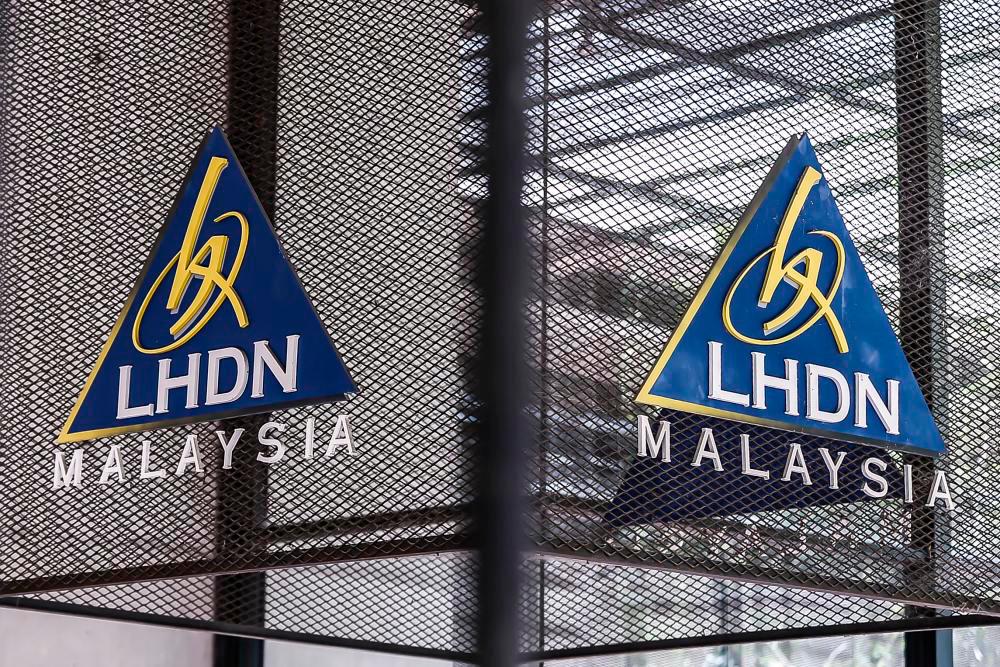THE Inland Revenue Board (IRB) has “turned up the heat” on taxpayers who fail to file their annual tax returns.
The IRB is no longer willing to wait any more and it is prepared to take such non-compliant taxpayers directly to court and charge the taxpayers, which can result in fines ranging from RM200 to RM20,000, and possible imprisonment for up to six months. To add to this “pain”, if the taxpayer fails to file tax returns for two years or more, a special penalty equal to 300% of the tax due can be imposed.
The reflection in the change in the mood by the IRB can be seen in the recent Utara Raya Sdn Bhd case where its director,Goh Boon Chai, was brought to the Magistrate’s Court in Batu Pahat. Goh pleaded not guilty. The IRB in this case took the matter directly to court without using the compounding route. This indicates that the IRB is less willing to accommodate such defaults and wants to send a message that non-filing of tax returns is a serious matter that will be punishable in the form of fines, imprisonment, or both.
Utara Raya’s case came through an investigation process rather than the normal audit process.
Currently, the direction taken by the IRB’s investigation unit is to take such matters directly to court and convict such errant taxpayers. Investigations are serious matters where the taxpayers are unaware until the day when the investigation team raids the taxpayer’s premises. In such cases, the extreme action that could be taken by the IRB where there is evidence to support there is fraud or wilful evasion of tax, the matter could become a criminal in nature where the fines can go up to 300% of the tax due, and the chance of an imprisonment up to a maximum of three years cannot be ruled out.
The waiting game is over
Taxpayers who believe that the IRB may not have the resources to find them, or those who believe that they will wait until the IRB catches them and thereafter work out a settlement many years afterwards are fooling themselves. The IRB has a special intelligence unit using the latest technology to find errant taxpayers by connecting information from the public domain together with the internal information they possess. This was evident when the IRB announced in June 2022 they discovered 31,598 taxpayers who have not reported their actual income based on a criteria set around asset ownership, income potential, and loans above RM500,000. This is only a “tip of the iceberg” and there are many more taxpayers who have not filed their tax returns.
Reasons for backlog
Business enterprises may have a backlog of tax returns due to disputes between shareholders, disagreements with auditors, pending legal matters, family disputes. The time bar will not provide protection as it will only run from the time a taxpayer files his tax returns. Once you have such a backlog, it is likely that the documents to support the income and expenditure could also be missing. Such taxpayers can be in deep trouble.
Ultimately, directors can be held responsible for the company’s taxes, and if anyone has to go to jail, it will be the directors.
Advice to errant taxpayers
There is an opportunity for you to get out of this problem. The self-voluntary declaration programme will allow such delinquent taxpayers a final chance to come clean without incurring a penalty. This programme starts from June 1 2023 to May 31 2024. Such taxpayers can participate in the programme by filing their returns together with the basis in arriving at the taxes declared accordingly.
Where taxpayers have lost their records or not kept such records properly, it is not the end of the world. There are alternative ways to determine your income in such circumstances which will be acceptable to the IRB.
This article is contributed by Thannees Tax Consulting Services Sdn Bhd managing director SM Thanneermalai (www.thannees.com).
The IRB has a special intelligence unit using the latest technology to find errant taxpayers. – Adib Rawi Yahya/theSun









